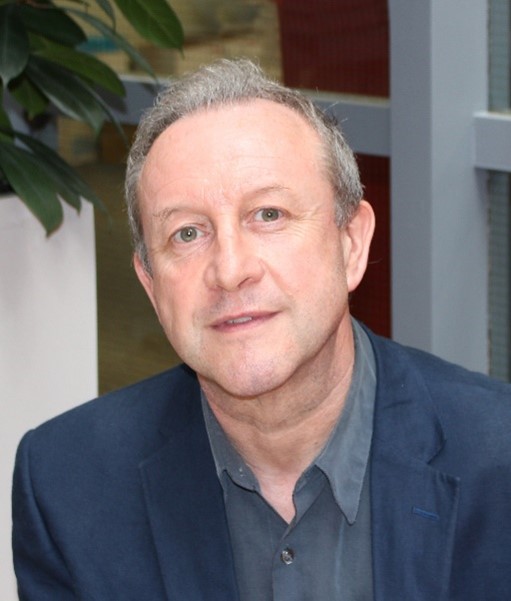A message from Stuart Shaw, CIEA Chair
- How have these contextual changes driven how we view assessment and how assessment should/might be reconceptualised for the remainder of the 21st century?
- What principles should inform its development looking forward?
- What practical steps do we recommend for good assessment supporting good education and meeting the legitimate expectations of a critical public?
 First, may I wish all members a Blessed and Peaceful New Year.
First, may I wish all members a Blessed and Peaceful New Year.
It is with great pleasure that I write my inaugural message as Chair of the CIEA. I look forward to bringing the knowledge and experience gained during more than two decades of educational assessment-related research and development to my new role.
Inevitably, the onset of a new year affords opportunity for reflection. What, for example, has constituted notable thinking and developments in the first quarter of the 21st century? And, how have related changes informed educational assessment?
The opening quarter of this century has not been without incident. The period has been defined by iconic moments (such as Britain’s departure from the European Union, and the rise of a global economy and Third World consumerism), ground-breaking developments (including the growth of online social media and networking services; the launch of the first Android smartphone; the emergence of Global Positioning Systems; and, increasingly faster cellular technologies like the internet), new priorities (which have come to the fore in the early 21st century such as climate change and the importance given to wellbeing, both as an objective and as a concern if it appears to be lacking) and, the unanticipated shock of the onslaught of a global pandemic.
Technological ‘connectedness’ has paved the way for transformative changes in the way society and individuals function (as well as profoundly disrupting almost every area of life). At the time of writing, generative artificial intelligence (AI) is the world’s fastest growing ‘deep’ technology, and is demonstrating enormous potential to reform the rules of industries and organisations; drive significant economic growth; and, transform all sectors of life.
Against the backcloth of growing diversity, increased migration, globalisation, expansion of a rapidly changing and dynamic knowledge-based economy, the emergence of new players in the world economy, and the explosion in information technology and computational capacity, global citizens are increasingly required to upgrade their skills throughout their adult lives in order to keep abreast of increasingly competitive challenges and new developments wrought by modern living - not just in their professional lives but also in their personal lives. ‘Lifelong learning’ has become the new mantra for all citizens in the modern world.
In these changing contexts, educational assessment has itself been changing. Assessment is increasingly expected to take account of the need to support learning; growing internationalism; the democratisation of learning; increased participation in schooling and in university education (particularly careers requiring a degree); ‘credentialism’; the “inexorable and inevitable” infusion of technology in assessment, and the need for so-called 21st century competencies. The first two decades of this century has also witnessed the beginnings of a shift away from a traditional content-based approach to learning towards a significantly more inclusive, all-embracing, and cross-cultural approach of competence-based education and training which focusses on student-centred learning. This trend also has implications for assessment.
Correspondingly, a concentrated chorus of voices from within education has been keen to articulate learner preparedness for a fast-changing world in which technological, demographic, social, environmental, economic, and political transformation is proving to be seismic.
Importantly, what role can the Institute play in this rapidly moving educational assessment landscape?
We do not yet have all the answers to these questions. However, it is my earnest desire to attempt to work through the issues together as an Institute. In this matter, I hope to see and interact with many of you as the year unfurls.

